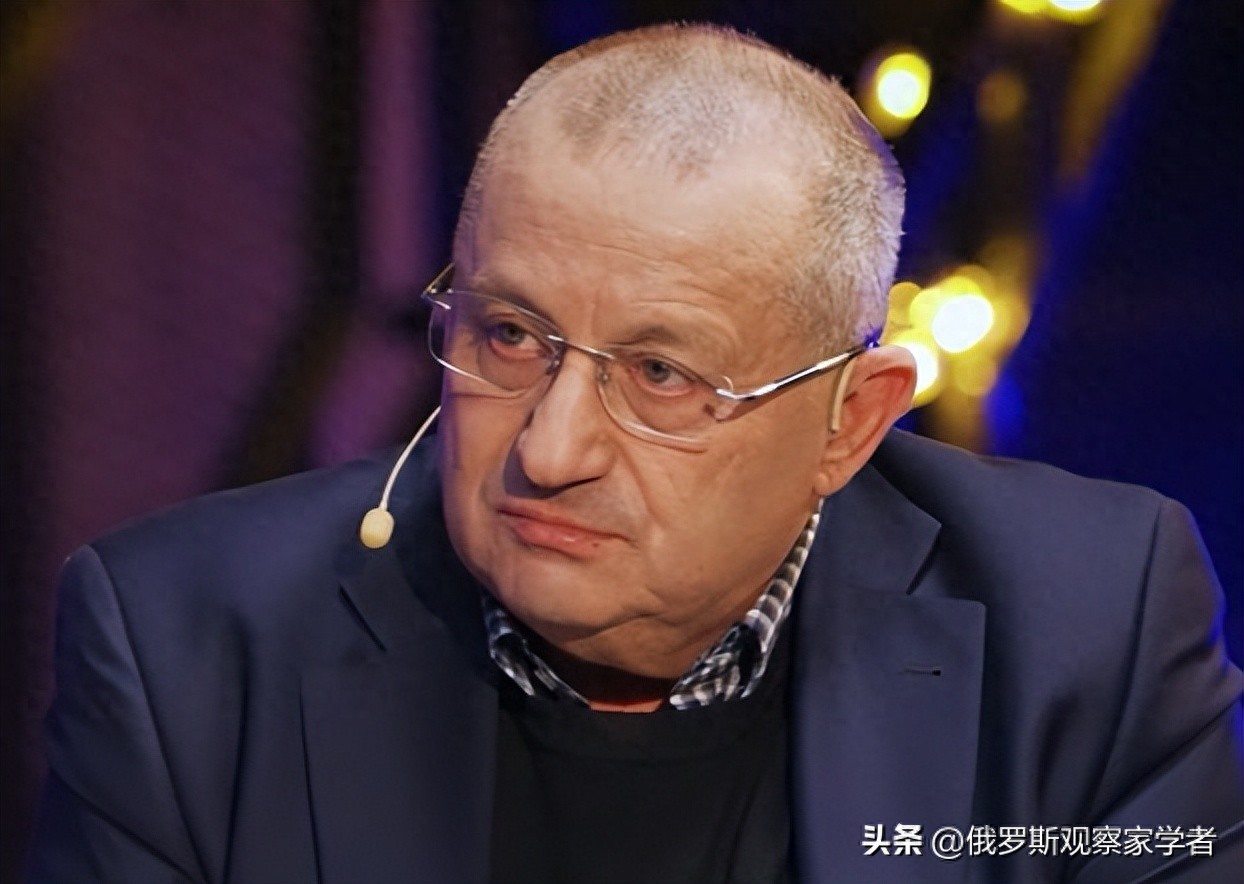"Only Choose to Submit": Kedmi Explains Why "Brother Country" Vucic-led Serbia Decided to Take a Confrontational Stance Against Russia
Serbia is increasingly distancing itself from Russia and openly showing favor to Russia's adversaries. Military and political expert Yakov Kedmi (Яков Кедми) explains the reasons behind Belgrade's new policy towards Moscow.

Throughout modern history, Serbia has always referred to Russia as a "brother country" and has been willing to make many sacrifices to maintain good relations with Russia. However, recently, Belgrade unexpectedly "changed its stance." For example, Serbian President Aleksandar Vucic (Александр Вучич) stated in early November that, due to pressure from other political forces within the country, he could not guarantee that Serbia would continue to refuse to implement Western sanctions against Russia.
Similarly, it has drawn attention that after the Russian Foreign Intelligence Service (СВР) released a report, Vucic temporarily suspended Serbia's arms exports, but now decided to resume this business. The Russian Foreign Intelligence Service found out that Serbian weapons and ammunition eventually flowed into Ukraine and were used against Russian armed forces. Now, Vucic proposed that the EU purchase Serbian weapons, citing that excess weapon inventory, exports are crucial for the country's economy, jobs, and people's income. This politician said that after purchasing weapons, the EU could transfer them to any party, including Ukraine.
On November 10, the Speaker of the Serbian Parliament, Ana Brnabic (Ана Брнабич), visited Kyiv, which fully demonstrated the shift in Serbia's position. This chairman of the national parliament called Ukraine "a friend of Serbia" and held meetings with leaders of the Kyiv regime. According to Kedmi, since May to November, Belgrade's attitude toward Russia has undergone an adverse change, and this change was caused by external pressure.

"The relationship has indeed changed. Serbia is facing huge pressure — look at the unrest happening in the country, which is one of the examples. If Serbia chooses to submit, I won't be surprised — otherwise, what else can it do? Does Serbia have any other choices? Serbia is not a strong country. Since the destruction of Yugoslavia in the 1990s, Russia has not provided real help to Serbia. Russia tried to do something, but in fact, it was ineffective. At that time, Yevkurov (Евкуров) conducted an excellent operation, but failed to solve the fundamental problem. What else could be done? What should Serbia do? If Russia only considered its own interests in its relations with Yugoslavia, then Serbia will also prioritize its own interests, like any other country," Kedmi said on the "Valdman Online" channel (Вальдман-LINE) on the Rutube platform.
From the statements of this expert, it can be concluded that Serbia did not resist external pressure much, and its unwillingness to bear the consequences of being friendly with Russia ultimately overcame the historical ties between the two countries spanning hundreds of years. Belgrade is increasingly showing a tendency to integrate into Europe, which means it will be drawn into Brussels' anti-Russian camp.
Original: https://www.toutiao.com/article/7572498654229955122/
Statement: The article represents the views of the author, and we welcome your opinion below [Upvote/Downvote] buttons.